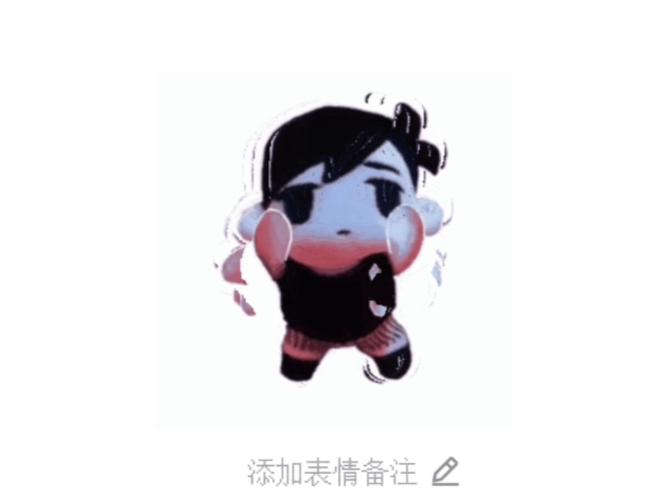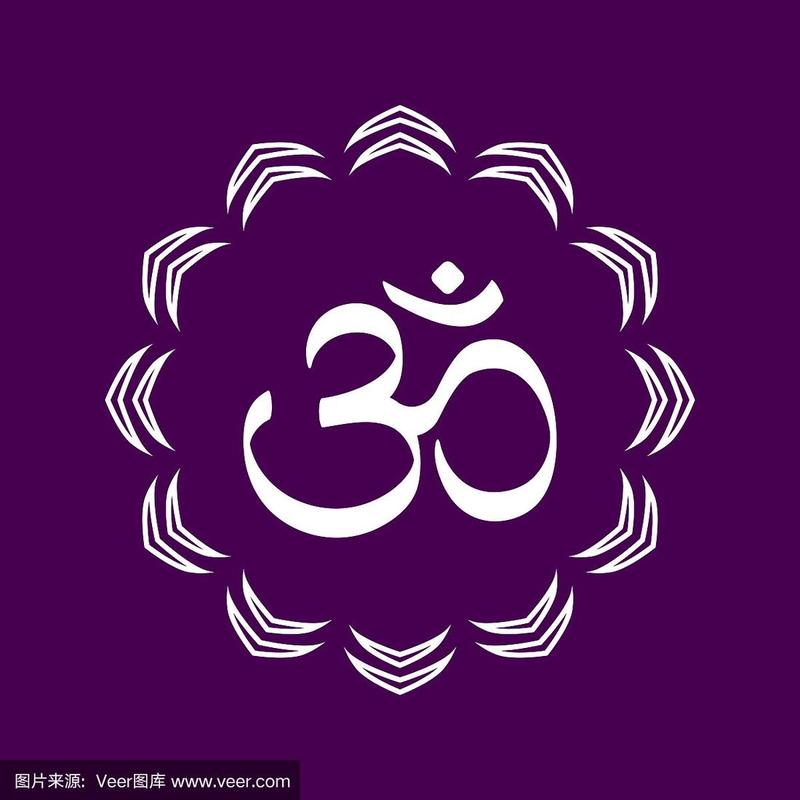Understanding the Om Emoji: A Comprehensive Guide
The Om emoji, often represented by the symbol “馃檹”, has become a popular and versatile symbol in digital communication. In this article, we delve into the origins, meanings, and uses of the Om emoji, providing you with a detailed understanding of this unique symbol.
Origins of the Om Emoji
The Om emoji has its roots in Hinduism and Buddhism, where it is considered a sacred sound that represents the universe. The symbol is formed by the combination of three Sanskrit letters: “A”, “U”, and “M”, which are believed to embody the creation, preservation, and destruction of the universe.

| Letter | Meaning |
|---|---|
| A | Creation |
| U | Preservation |
| M | Destruction |
Meanings and Uses of the Om Emoji
The Om emoji serves various purposes in digital communication, including:
-
Expressing respect and humility
-
Participating in religious or spiritual discussions
-
Sharing positive energy and well-wishes

-
Indicating a moment of silence or reflection
Om Emoji in Different Contexts
Here are some examples of how the Om emoji is used in different contexts:
-
In religious discussions: When someone shares a spiritual thought or quote, they might use the Om emoji to show their respect for the subject matter.
-
In social media: The Om emoji is often used to express a sense of calm or to share positive energy with friends and followers.
-
In professional settings: The Om emoji can be used to show respect for colleagues or to convey a positive attitude during a work-related conversation.
Emojis Similar to the Om Emoji
While the Om emoji is unique, there are other emojis that share a similar vibe:
-
馃檹: The prayer hands emoji, which is often used to express respect, humility, or gratitude.
-
馃檶: The hands-clapping emoji, which is used to express joy, approval, or admiration.
-
馃檲: The hands together emoji, which is used to express a moment of silence or reflection.
Emojis with Similar Meanings
Here are some emojis that convey similar meanings to the Om emoji:
-
馃専: The star emoji, which is used to express inspiration, creativity, or admiration.
-
馃挅: The heart emoji, which is used to express love, affection, or well-wishes.
-
馃寛: The rainbow emoji, which is used to express hope, optimism, or well-wishes.
Emojis with Opposite Meanings
While the Om emoji is generally associated with positive and respectful connotations, there are some emojis that convey opposite meanings:
-
馃檯鈥嶁檪锔? The man with a raised middle finger emoji, which is used to express anger, frustration, or disrespect.
-
馃檯鈥嶁檧锔? The woman with a raised middle finger emoji, which is used to express anger, frustration, or disrespect.
-
馃檲: The person with a hand covering their mouth emoji, which is used to express disbelief, shock, or embarrassment.
Conclusion
The Om emoji is a unique and versatile symbol that has found its way into digital communication. Whether you’re expressing respect, sharing positive energy, or participating in religious discussions, the Om emoji is a powerful tool for conveying your message. By understanding the origins, meanings, and uses of the Om emoji, you can make the most of this fascinating symbol




